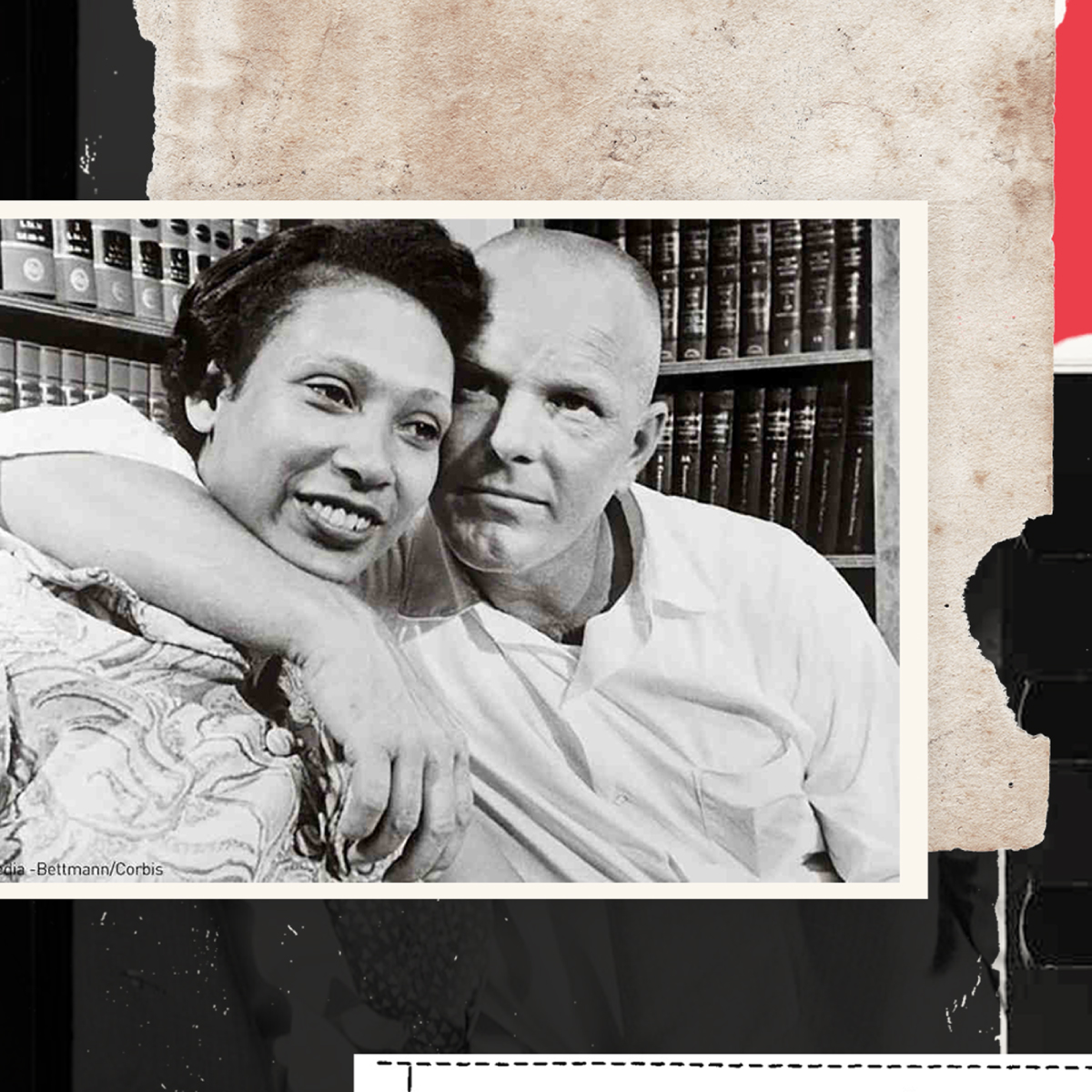
HR 1 includes critical reforms for our voting rights but also contains significant flaws. Congress must fix them.
It would require many nonprofits to publicly disclose some donor’s names and addresses when they engage in certain advocacy. So why care?
washingtonpost.com/opinions/2021/…
It would require many nonprofits to publicly disclose some donor’s names and addresses when they engage in certain advocacy. So why care?
washingtonpost.com/opinions/2021/…
Last summer, some people online called for an investigation into who was “funding” Black Lives Matter demonstrations, after videos showed a man distributing protest signs and other provisions to protesters.
Presumably, the purpose was to accuse donors of wrongdoing.
Presumably, the purpose was to accuse donors of wrongdoing.
Our security and privacy shouldn’t be threatened when we protest police brutality.
But, potential exposure to threats of harassment or violence for nonprofit donors is not the only First Amendment problem with the bill.
But, potential exposure to threats of harassment or violence for nonprofit donors is not the only First Amendment problem with the bill.
It would expand a prohibition on paid advocacy at the federal, state, and local level by many immigrants.
Everyone in this country — including immigrants — has a stake in our country’s policies, including civil rights, how we distribute pandemic relief, and many others.
Everyone in this country — including immigrants — has a stake in our country’s policies, including civil rights, how we distribute pandemic relief, and many others.
We all have a stake in our country.
HR 1 can easily be fixed to protect against these infringements on political speech.
Congress must do the right thing to protect the health of our democracy by fixing these flaws in the bill.
HR 1 can easily be fixed to protect against these infringements on political speech.
Congress must do the right thing to protect the health of our democracy by fixing these flaws in the bill.
• • •
Missing some Tweet in this thread? You can try to
force a refresh








